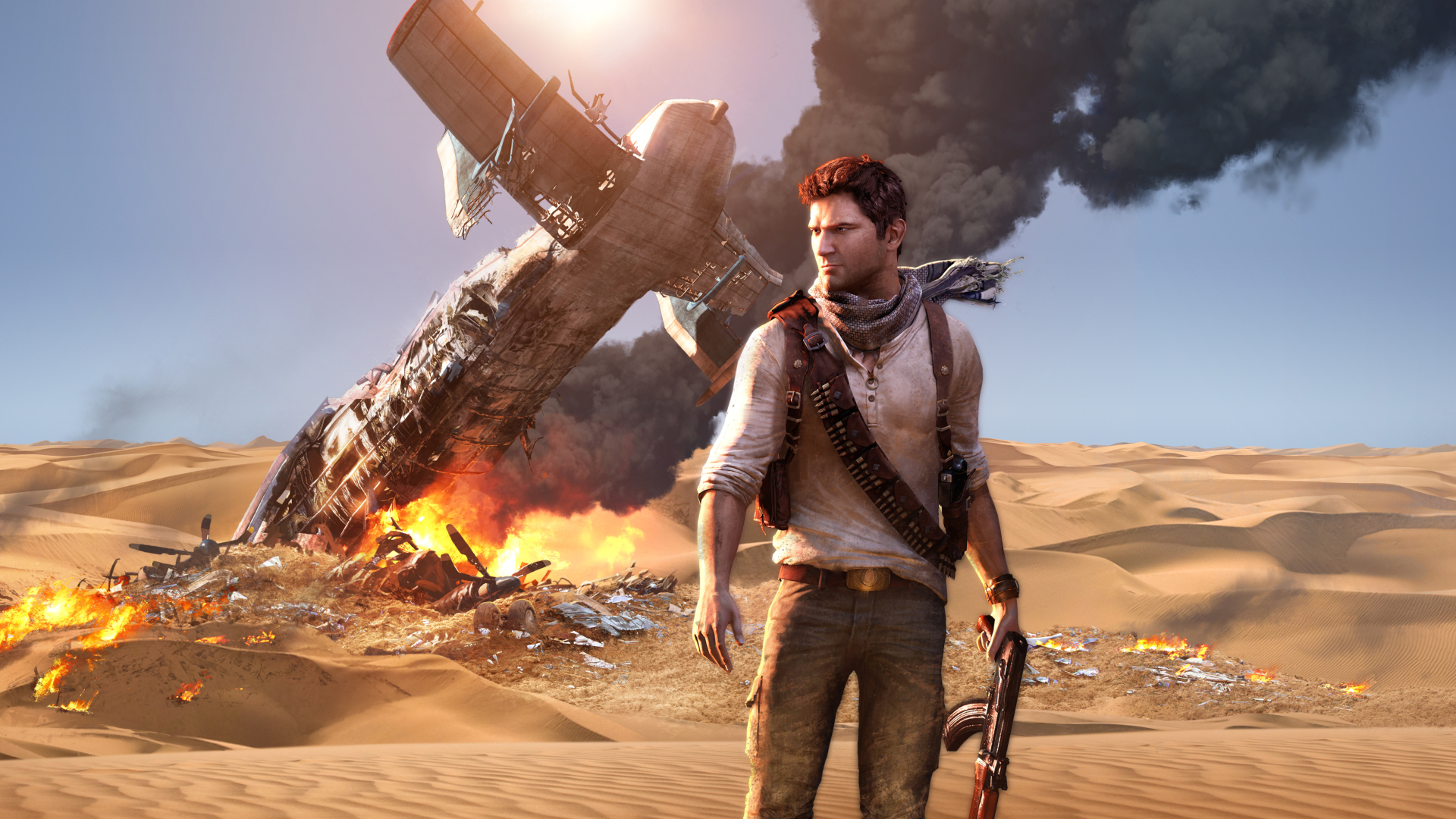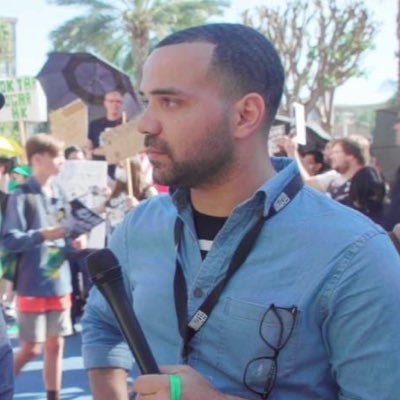Uncharted co-creator Amy Hennig calls out game development "arms race," says Uncharted 3 deadline was "insane"
Former Naughty Dog dev talks the unsettling future of AAA game dev as crunch culture continues to intensify

The reality of game development has become increasingly more transparent in recent years, and many creatives have been vocal about wanting to change workplace cultures as the need for high-end games becomes taxing on the people that make them. With layoffs intensifying in the industry and large companies seeking more sizable returns on investments, a more palpable feeling of uncertainty has been felt across the industry.
In a recent developer talk in the Idle Thumbs podcast (via GamesIndustry.Biz), veteran game developer and co-creator of the Uncharted series Amy Hennig spoke about the reality of triple-A game dev in her career, the cost it has on the lives of developers, and how the "arms race" will only continue from here.
Working at Naughty Dog for over ten years, Amy Hennig was behind many of the developer's most iconic games, including the Jak and Daxter series and the first two Uncharted games. Along with those games, Hennig was also the game director of the critically acclaimed Legacy of Kain: Soul Reaver at Crystal Dynamics. In the podcast, Hennig stated that while these games went on to find great success, they also came at significant personal cost, as crunch culture in game dev is the norm.
"There's people who never go home and see their families. They have children who are growing up without seeing them," Hennig said on the reality of crunch in game dev. "I didn't have my own kids, I chose my career in lots of ways, and I could be single-minded like that. When I was making sacrifices, did it affect my family? Yes, but it was primarily affecting me and I could make that choice. But when I look at other people, I mean, my health really declined, and I had to take care of myself, because it was, like, bad. And there were people who, y'know, collapsed, or had to go and check themselves in somewhere when one of these games were done. Or they got divorced. That's not okay, any of that. None of this is worth that."
The practice of "crunch" relates to the focus of having developers take on more extended hours and more intense workloads to meet deadlines. Crunch has been a reality in the tech industry going back to early computer development, and was often glamorized by stories of Steve Jobs, Steve Wozniak, and other developers in the 1980s building nascent, ground-breaking technology. As video games are an offshoot within tech, crunch has been a common reality in the industry for decades. Generally speaking, your favorite games were likely made by devs who had to crunch to get to release.
Despite the number of high-profile, critically acclaimed releases in 2023, this year has been increasingly stressful for developers. As industry layoffs and details of toxic workplaces have become a focal point in recent years, many developers have been pushing to unionize and seek protections against harmful development practices.
Hennig's work at Naughty Dog ended during the early stages of Uncharted 4: A Thief's End, due to creative differences. She went on to reflect on how work on Uncharted 3 turned out, which had a fast-tracked development pipeline following the massive success of UC2: Among Thieves.
"Trying to finish a game like that [Uncharted 3] in two years is insane, especially when you're saying that the two years is everything: pre-production, production [...]," remarked Hennig. "Time is a huge one, but then everyone is racing with cost versus time, so could we do it with smaller teams longer? Sure, but then we tend to throw people at these things and burn money fast...We've all seen games that took too long and they kinda got lapped."
To Hennig , she sees the current state of high-end game development going in a troubling direction, stating: "We have to get our act figured out as an industry, and the problem is that the ante keeps getting upped... It's an arms race that is unwinnable and is destroying people."
For now, developers across the industry are facing an uncertain future, but many are looking to unionize and try to make change in the ways they can.
Sign up to the GamesRadar+ Newsletter
Weekly digests, tales from the communities you love, and more
Alessandro is a freelance writer and editor based in the San Francisco Bay Area who has covered the games, tech, and entertainment industries for more than 13 years. Having previously worked at GameSpot, CNET, and various other outlets writing features and coordinating event coverage, Alessandro enjoys playing games on PC, but also gives plenty of time to his Nintendo Switch. You can find him on various socials at @afillari.



